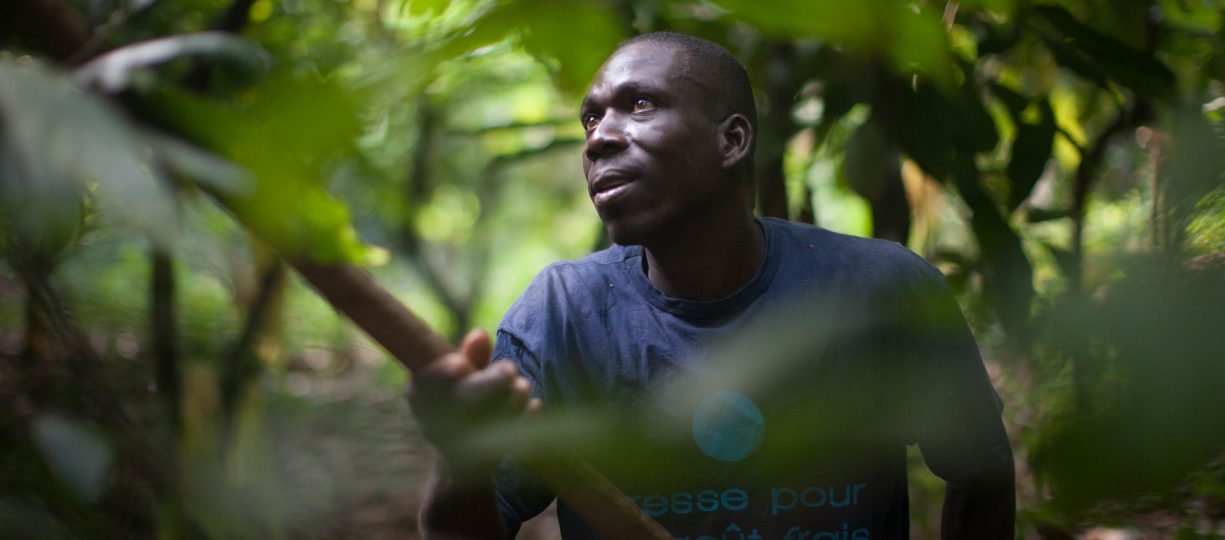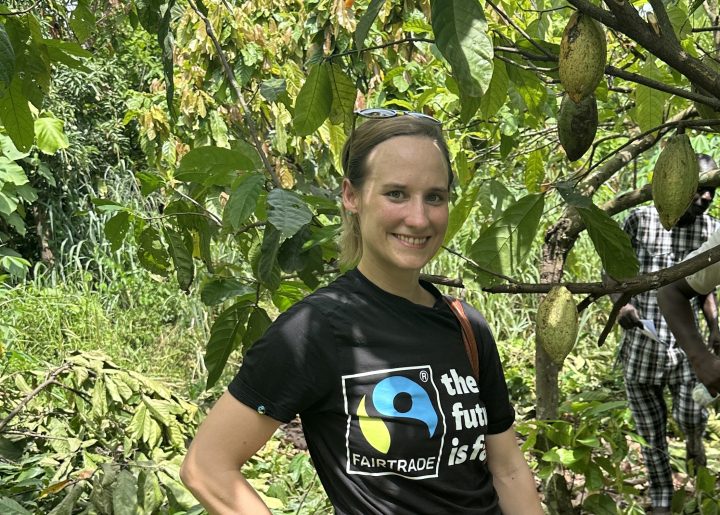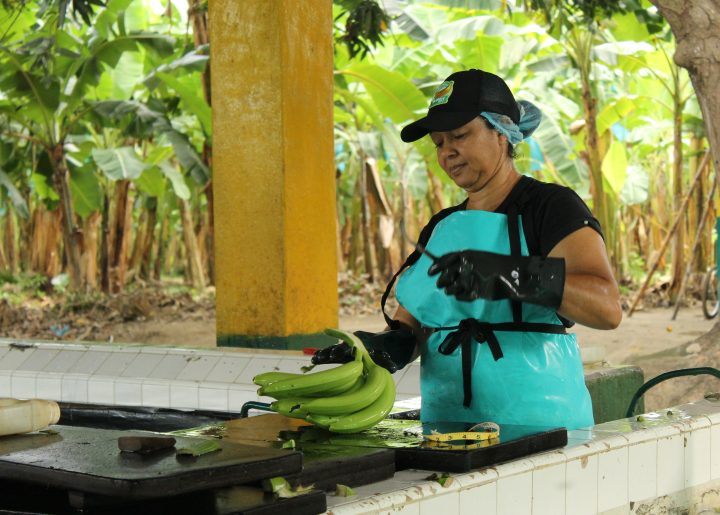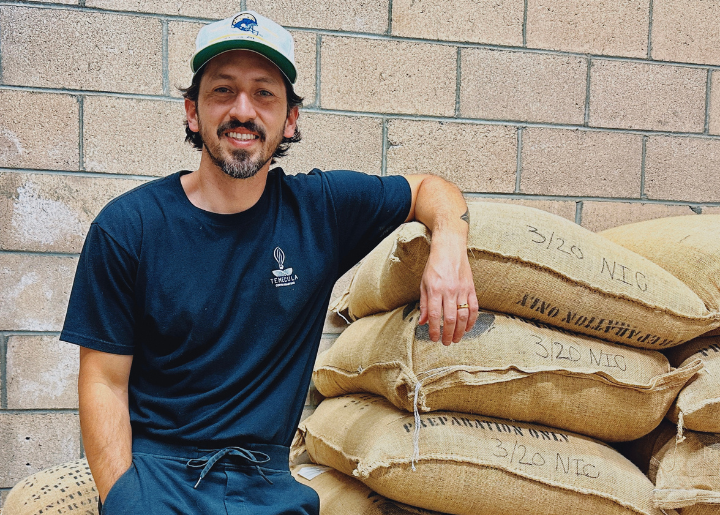Fairtrade Part of Balanced Diet New Research Shows

The way food is produced and traded is an important contributor to purchase decisions for many consumers. Changing attitudes, new perspectives on fair trade and ethical certifications highlighted in new research from GlobeScan and Fairtrade America.
Interest in environmental labels continues to surge as consumers demand more from companies, according to new research from GlobeScan and Fairtrade America. Awareness of organic and non-GMO products show strong growth while fair trade continues to figure heavily into purchase decisions.
“The study demonstrates a shift in the US consumer with current environmental and political issues in the US top of mind, but for many consumers, the Fairtrade label remains an important value-add,” said James Morris, US Director, GlobeScan. “Fairtrade has a strong halo effect for the majority of consumers.”
Clear, transparent labeling was shown to be an important tool to help consumers purchase in line with their values. Using a fair trade label on products has a halo effect with 81% of consumers saying they would view a brand they already buy more favorably if it carried a fair trade label. This effect was especially pronounced in cities where the number topped 85%.
“Fairtrade is the right step in what our company is trying to do and provide. We want to be part of the solution to growing inequality. We focus on organic, small-farmers and making sure they’re appropriately paid,” said Max Darcey, Manager, Quality & Sustainability at Navitas Organics. “As we’ve grown, we found that we needed to have more transparency in our supply chains and the authenticity behind that.”
Urban Consumers and Aspirationals Driving Awareness
Overall, urban areas rank higher in recognition of the FAIRTRADE label with more than 40% of consumers reporting that they had seen the label regularly. Just over a quarter of all US consumers were familiar with the FAIRTRADE label.
The research also noted a strong interest in social and environmental issues in cities and college towns. According to the study, 57 percent of respondents in college towns and 39 percent in cities support social and environmental causes, versus 29 percent for the general population. Consumers in cities were most likely to recommend fair trade products to their peers.
Many of these consumers rank as ‘Aspirationals’, a consumer segment defined ‘by their love of shopping, desire for responsible consumption, and their trust in brands to act in the best interest of society’, according to research conducted by BBMG and GlobeScan in 2016. Aspirationals strive to support brands that have a purpose and make a positive difference in society.
Other important findings in GlobeScan & Fairtrade America’s research include:
- Over half of consumers who are familiar with the FAIRTRADE Mark trust it.
- Nearly 75% of American consumers who have seen a fair trade label would recommend Fairtrade products to a friend.
- Consumers are as likely to purchase fair trade products as those from local farmers.
“Equality, fairness in trade, good labor conditions and clean, simple ingredients rank high for consumers. And these are all issues that Fairtrade addresses with our focus on small-scale farmers, workers’ rights and better choices for a healthy planet,” said Bryan Lew, Chief Operating Officer at Fairtrade America.
Topics
We’re in this together
Fairtrade America partners with brands on the journey to certification and beyond. We can help with everything from finding a certified supply chain to marketing your newly certified product.
Get in Touch



